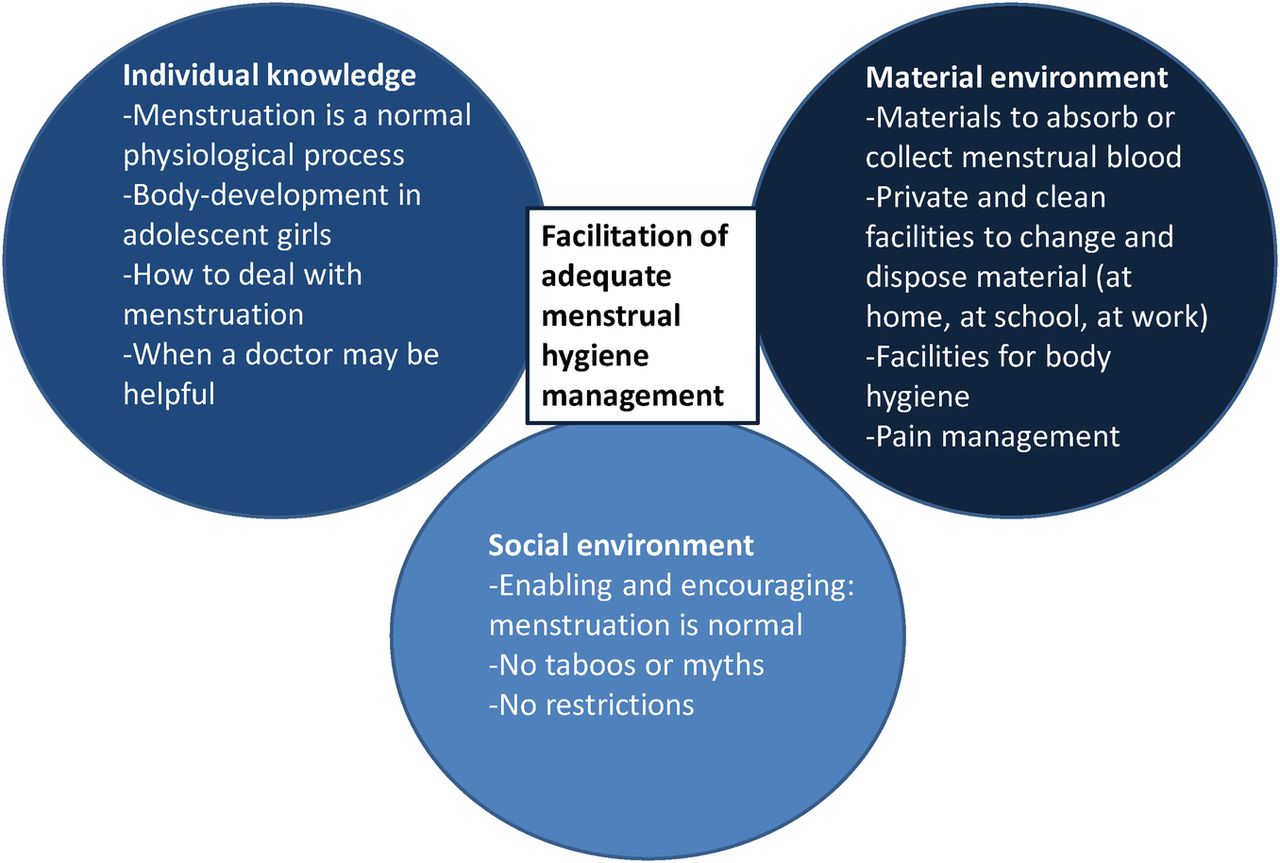What you need to know:
- A bigger section of girls are fighting society perceptions about menstrual health that undermine their respective abilities to live a normal life while going through their menses.
A significant number of girls continue to believe in menstrual health-related myths and taboos, which not only perpetuate misinformation but also contribute to stigma and discrimination. This undermines their rights to education, health, and dignity, both in schools and in their broader communities.
Some girls who talked to
Monitor
say a bigger section of their peers are fighting society perceptions about menstrual health that undermine their respective abilities to live a normal life while going through their periods. While lack of sanitary pads crosses the minds of many individuals championing menstrual health campaigns in schools, a section of the girls say the less discussed topics include the menstrual hygiene related taboos that restrict girls from performing particular chores including cooking, garden work and crossing village paths.
Imelda Nantogo (not her real name) and pupil at Namaliga Church of Uganda Primary School cites cases where young girls are restricted from getting involved in preparing meals for older persons when they get into their monthly periods.
Movement to particular places including crossing village paths and visiting the garden are among the categories of cores that the girls should not do because of the imaginary taboos.
“I have grown up knowing that the girls are not supposed to get involved in preparing family meals for the older persons when they are experiencing their monthly periods. We are also told not to move through the road junctions among other restrictions,” she says.
Arafat Tiperu 13, a Primary Six pupil at Bombo Islamic Primary School reveals that while her grandmother, back home is strict and believes in particular menstrual hygiene related taboos, the situation at school is different. The girl children are sensitised about general hygiene and how we can go through the periods safely. The taboos are out of our discussions,” she says.
The other fear and challenge is when some girls tell the parents about the need for the sanitary pads. Some parents will quickly advise that they remain at home including many other restrictions. This is especially when the parent fails to buy the sanitary pads. But Ms Lukia Nanyombi, a senior female teacher at Namaliga Church of Uganda Primary School says while the taboos linked to menstrual hygiene are real in particular communities, the situation is changing as both parents and pupils get exposed to the different sensitisation messages regarding menstrual hygiene.
“As teachers, we are encouraged to openly talk about menstrual hygiene in class where the boys get to know that it is a normal life process for the girls. Some schools have safe places where girls can change clothes in case of an emergency. Society is also getting to know that some taboos are a hindrance to the girl child’s rights to equal treatment,” she told the
Monitor.
International Menstrual Hygiene Day
Uganda joined the World to commemorate the International Menstrual Hygiene Day on May 28, under the theme
“Together for Period Friendly World” with emphasis on collective action to ensure menstruation does not limit access to education, health or opportunity for all individuals. Mr Sula Kibira, a programme coordinator at Afra Development and Relief Agency, says a recent baseline survey conducted by the organisation about the status of menstrual hygiene in schools in Luweero District shows that many schools don’t have safe places for the girl child.
“We still need to engage the different stakeholders to ready schools in managing menstrual hygiene for the girls. The schools should be equipped to have extra sanitary towels to handle emergency cases, have safe rooms and stop the stigma and taboos related to menstrual hygiene,” he said at the celebrations to mark the International Day of Menstrual Hygiene held at Namaliga Church of Uganda Primary School.
Menstruation management
The myths surrounding menstrual hygiene are real and transit to taboos among many cultural settings.
The imaginary myths that make the young girls inferior and isolated when they get to their respective monthly periods should be discarded, Mr Kibira, a child rights activist tells the
Monitor
.
Because some schools lack the facilities including the emergency pads for the girls, some children are simply sent back home. Schools should be equipped with emergency sanitary pads without sending children back home.
The periods are a normal life process. Ms Sarah Nakato, a schools inspector attached to Luweero District Education Inspectorate Department, says Luweero District has a total of 230 schools under Universal Primary Education scheme and over 500 privately managed primary schools.
“All the schools are encouraged to follow the government policy guidelines on menstrual health and hygiene guidelines. But we also appeal to the other stakeholders to boost the campaign to have the girl child stay in school,” she said.
Menstruation management has for long presented challenges to girls and women in Uganda due to the taboos attached to it. In many low income settings in the countryside, menstrual hygiene accounts for the biggest percentage of absenteeism among girls in schools.
Science of menstruation
During an interview with
Monitor
in 2015, Dr Cohen Maliro, a clinical medical officer at Diva Medical Centre in Nansana by then said, ‘‘The menstruation cycle is a repeated sequence of biological changes that occur in the uterus of human females.
The timing for these periods is controlled by hormones, and the changes occur in the ovary and the uterus. The cycle is controlled by normal hormonal changes that can be interfered with by contraceptives.’’ Girls usually have their first cycle (menarche) at the age of 12, although in some it can be as early as eight years or as late as 16. If a girl goes beyond 16 years without their periods, there is cause for concern.
Provided by SyndiGate Media Inc. (
Syndigate.info
).







